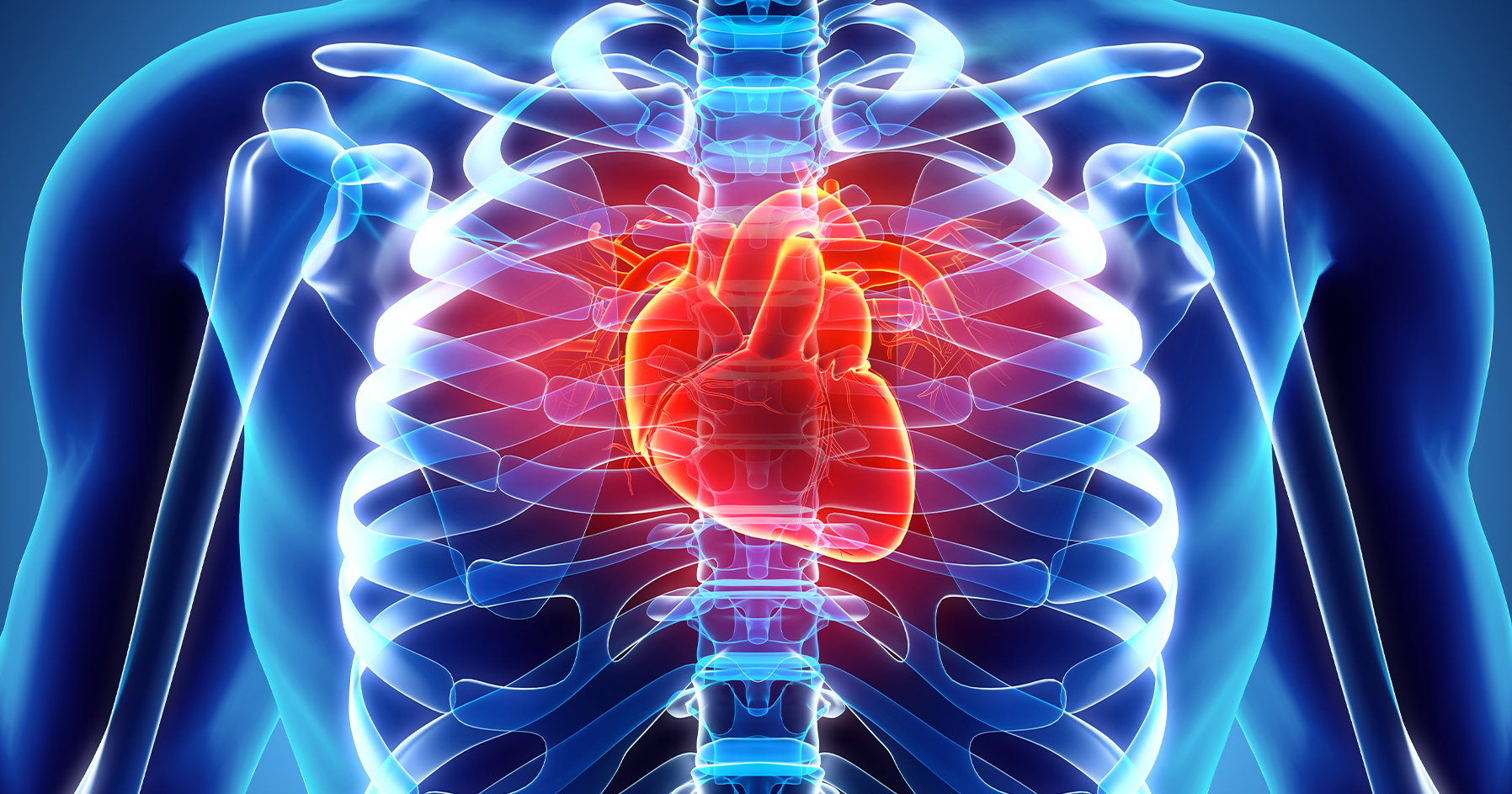Optimizing Cardiovascular Health for Lifelong Vitality

Unlocking Vitality: Optimizing Cardiovascular Health
Cardiovascular health is integral to overall well-being, influencing every aspect of our lives. This article explores the significance of prioritizing cardiovascular health, strategies for optimization, and the role of a heart-conscious lifestyle in fostering lifelong vitality.
Understanding Cardiovascular Health: The Heart of Well-being:
Cardiovascular health refers to the well-being of the heart and blood vessels. A healthy cardiovascular system is crucial for the efficient circulation of blood, delivering essential nutrients and oxygen to the body’s tissues and organs. Understanding the importance of cardiovascular health lays the foundation for proactive well-being.
Nutrition for Heart Health: Nourishing the Cardiovascular System:
A heart-healthy diet is paramount for optimal cardiovascular health. Emphasizing fruits, vegetables, whole grains, and lean proteins while minimizing saturated fats and sodium supports a balanced diet. Nutrients like omega-3 fatty acids contribute to heart health, and maintaining a healthy weight is key to preventing cardiovascular issues.
Regular Exercise: Strengthening the Heart Muscle:
Exercise is a powerful tool for optimizing cardiovascular health. Regular physical activity strengthens the heart muscle, improves blood circulation, and helps manage weight. Engaging in aerobic exercises like walking, jogging, or swimming enhances cardiovascular fitness, reducing the risk of heart disease.
Blood Pressure Management: Maintaining Vascular Health:
Managing blood pressure is essential for cardiovascular well-being. High blood pressure can strain the heart and damage blood vessels over time. Lifestyle modifications, such as a healthy diet, regular exercise, and stress reduction, contribute to maintaining optimal blood pressure levels.
Cholesterol Control: Balancing the Lipid Profile:
Cholesterol levels play a significant role in cardiovascular health. Monitoring and controlling cholesterol, particularly low-density lipoprotein (LDL) cholesterol, is vital. Dietary choices, regular exercise, and medications when necessary contribute to achieving a balanced lipid profile.
Avoiding Tobacco and Limiting Alcohol: Reducing Risk Factors:
Tobacco use and excessive alcohol consumption are major risk factors for cardiovascular disease. Quitting smoking and limiting alcohol intake significantly reduce the risk of heart-related issues. Embracing a tobacco-free and moderate drinking lifestyle supports long-term cardiovascular health.
Stress Reduction Techniques: Nurturing Mental Well-being:
Chronic stress can adversely affect cardiovascular health. Implementing stress reduction techniques, such as mindfulness, meditation, or yoga, fosters mental well-being. A healthy mind contributes to a healthy heart, emphasizing the interconnectedness of mental and cardiovascular health.
Regular Health Check-ups: Monitoring Cardiovascular Parameters:
Regular health check-ups are essential for monitoring cardiovascular parameters. Health professionals assess blood pressure, cholesterol levels, and overall heart function. Early detection of potential issues allows for timely intervention and preventive measures, contributing to lifelong cardiovascular health.
Cardiovascular Health at oofamily.com: A Wealth of Resources:
Explore a wealth of resources and insights on cardiovascular health at oofamily.com. Our platform offers comprehensive information on heart-conscious living, from dietary tips to exercise routines. Empower yourself with knowledge to make informed choices for your cardiovascular well-being.
Embracing a Heart-Conscious Lifestyle: Sustaining Lifelong Vitality:
Optimizing cardiovascular health is a commitment to a heart-conscious lifestyle. By integrating nutritious eating habits, regular physical activity, stress management, and regular health check-ups, individuals can sustain lifelong vitality. Embracing heart-conscious choices







